What Are The Major Cellular Processes That Hormones Affect
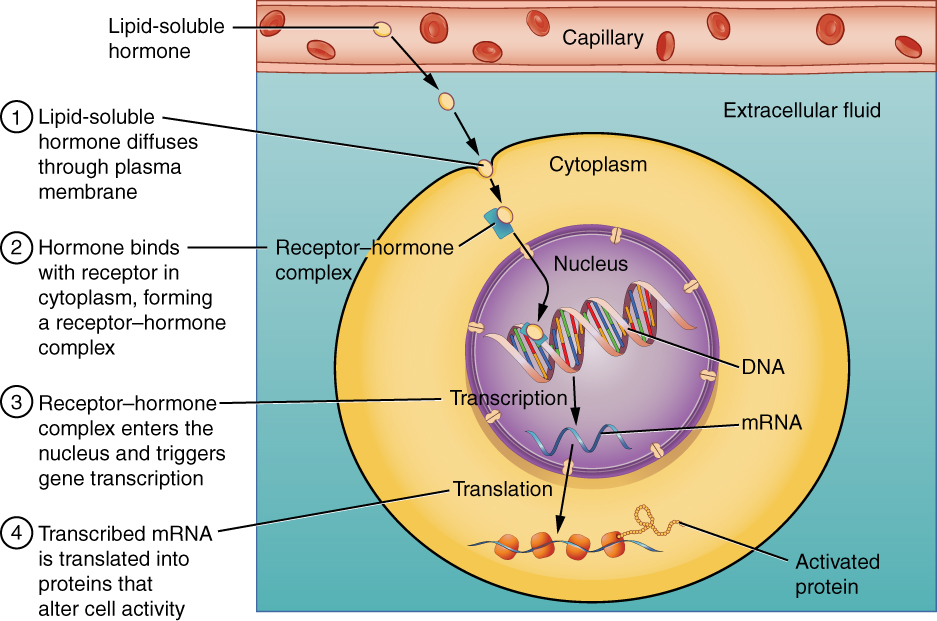
Hormones, the body's chemical messengers, are critically influencing cellular functions, driving processes essential for life. Disruptions in hormonal signaling can trigger a cascade of effects, impacting everything from metabolism to reproduction.
This article breaks down the major cellular mechanisms affected by hormones and their consequences. Understanding these processes is vital for comprehending overall health and disease.
Hormone Action: A Cellular Deep Dive
Hormones exert their influence by binding to specific receptors on or within target cells. This interaction initiates a signaling cascade that ultimately alters cellular behavior.
1. Gene Transcription Regulation
Many hormones, particularly steroid hormones like estrogen and testosterone, affect gene transcription. They bind to intracellular receptors, forming a complex that moves to the nucleus and interacts with DNA.
This interaction can either enhance or repress the transcription of specific genes, thereby influencing protein production. This process is crucial for development, growth, and reproduction.
For example, thyroid hormones T3 and T4,regulate gene expression, impacting metabolism.
2. Altering Enzyme Activity
Hormones can rapidly modify cellular activity by directly influencing the activity of enzymes. This often involves second messenger systems.
Insulin, for instance, stimulates glucose uptake by activating a signaling pathway that enhances the activity of glucose transporters. This allows glucose to enter the cell more efficiently.
Another example includes epinephrine increasing heart rate by binding to receptors that use cyclic AMP (cAMP) as a second messenger.
3. Membrane Permeability Changes
Some hormones alter the permeability of the cell membrane to specific ions or molecules. This changes the electrical properties of the cell and can influence processes such as nerve impulse transmission or muscle contraction.
Antidiuretic hormone (ADH), also known as vasopressin, increases water reabsorption in the kidneys. It does this by inserting water channels (aquaporins) into the cell membranes of kidney tubule cells.
This increased permeability reduces water loss and helps maintain fluid balance.
4. Cell Growth and Differentiation
Hormones play a vital role in regulating cell growth and differentiation. They can stimulate cell division, promote cell maturation, or inhibit cell death (apoptosis).
Growth hormone (GH), secreted by the pituitary gland, promotes the growth of bones, muscles, and other tissues. It does so by stimulating the production of insulin-like growth factor 1 (IGF-1), which has direct growth-promoting effects on cells.
Other hormones, such as epidermal growth factor (EGF), also stimulate cell proliferation and differentiation.
5. Modulation of Protein Synthesis
Hormones are also capable of modulating the rate of protein synthesis directly. They can stimulate the ribosome to increase protein production.
Anabolic steroids, synthetic derivatives of testosterone, increase muscle mass by enhancing protein synthesis in muscle cells. This increased synthesis leads to muscle hypertrophy.
This affect is a major concern for athletes and public health officials.
Consequences of Hormonal Imbalance
Hormonal imbalances can have a wide range of consequences, depending on the specific hormone involved and the severity of the disruption. Conditions such as diabetes, thyroid disorders, and reproductive issues can result.
Research continues to reveal new insights into the complex interplay of hormones and cellular function.
Further research is crucial for developing effective treatments for hormone-related disorders.
Ongoing Research and Future Directions
Scientists are actively exploring novel therapies that target specific hormonal pathways. These include developing drugs that selectively activate or block hormone receptors, as well as gene therapies that can correct hormonal imbalances.
Personalized medicine approaches are emerging, aiming to tailor hormone therapies to individual patients based on their genetic profiles and specific needs.
This field is rapidly evolving, offering new hope for individuals affected by hormonal disorders.
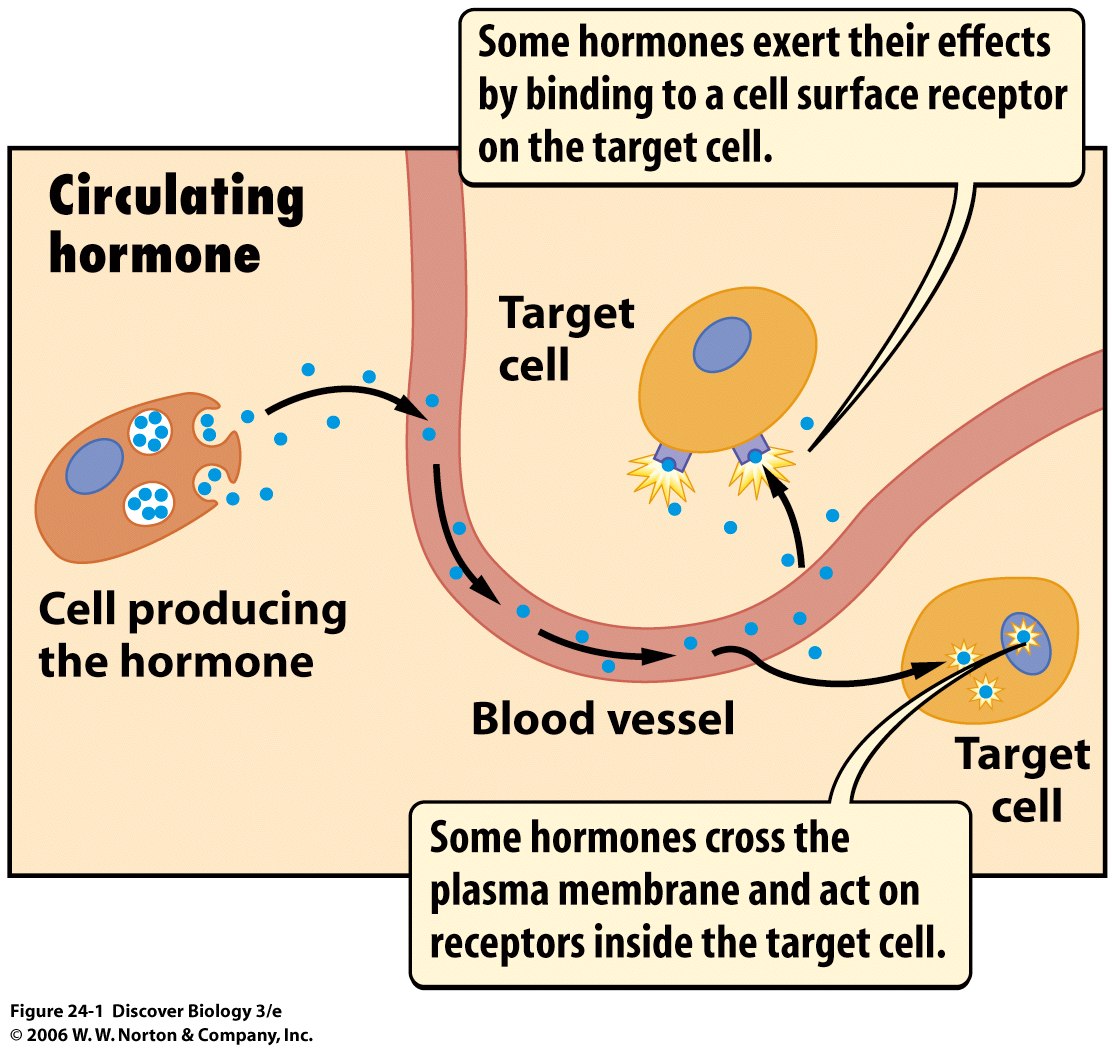

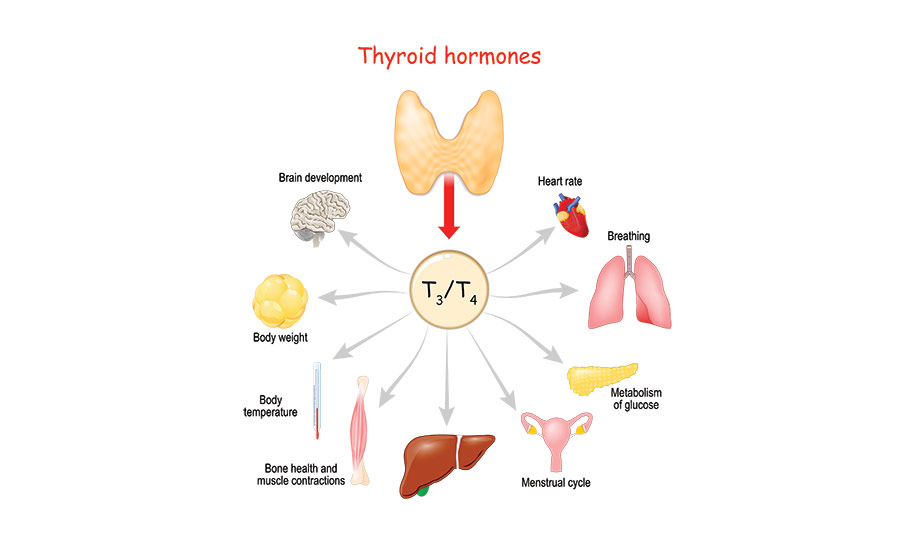




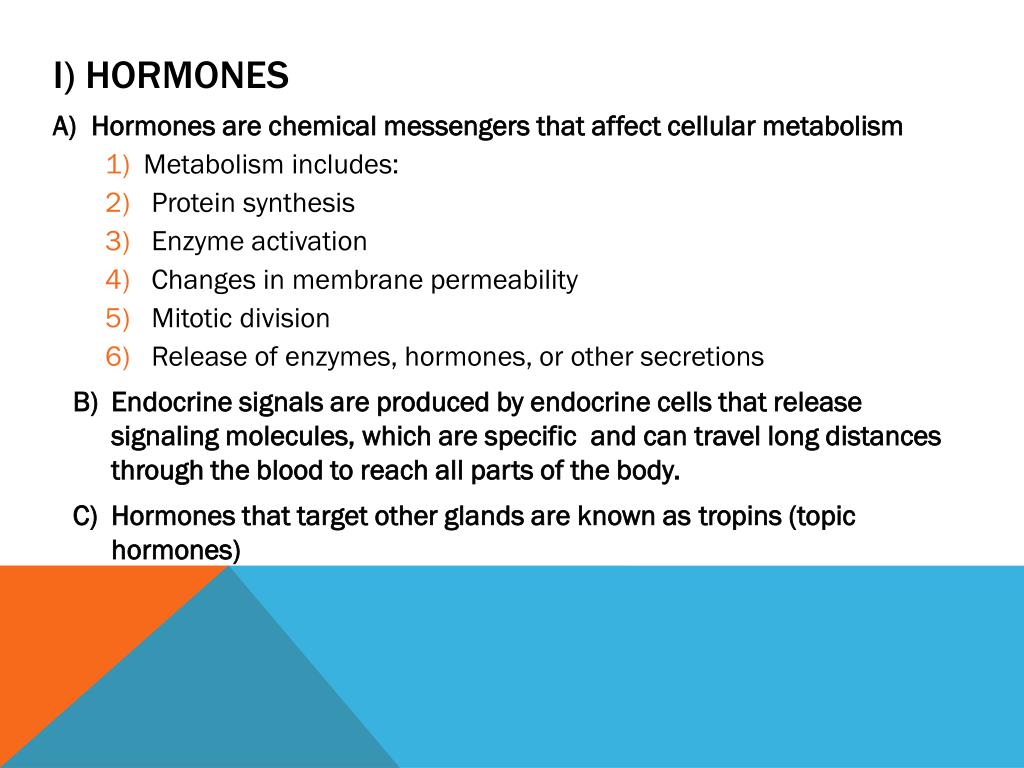
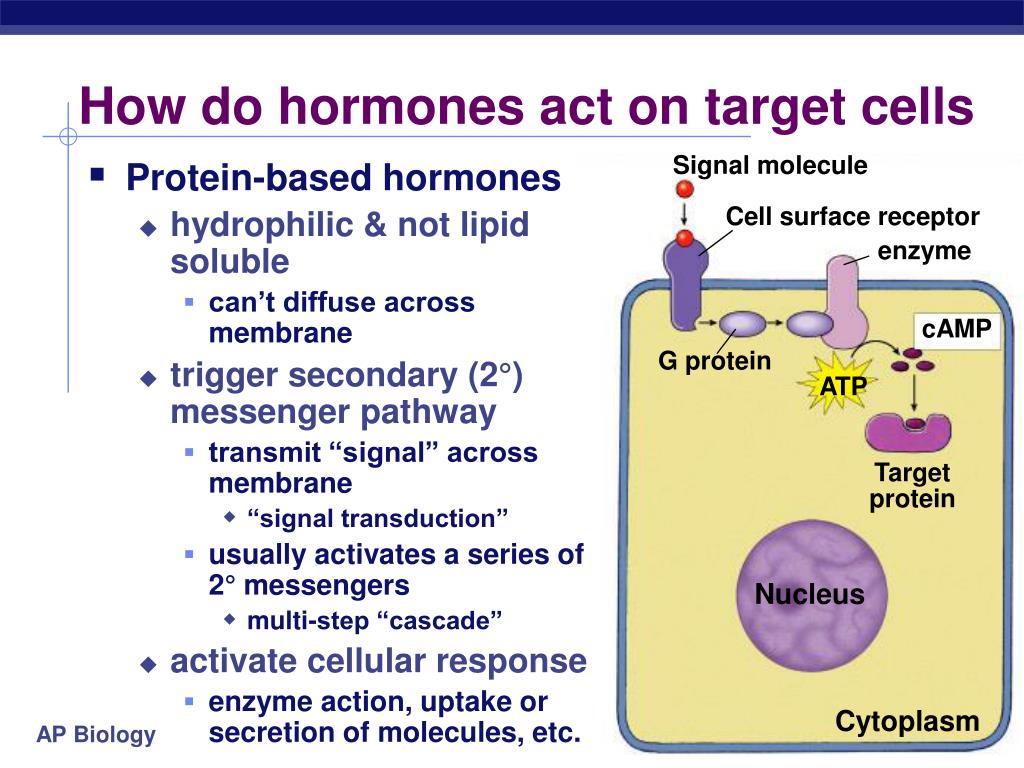

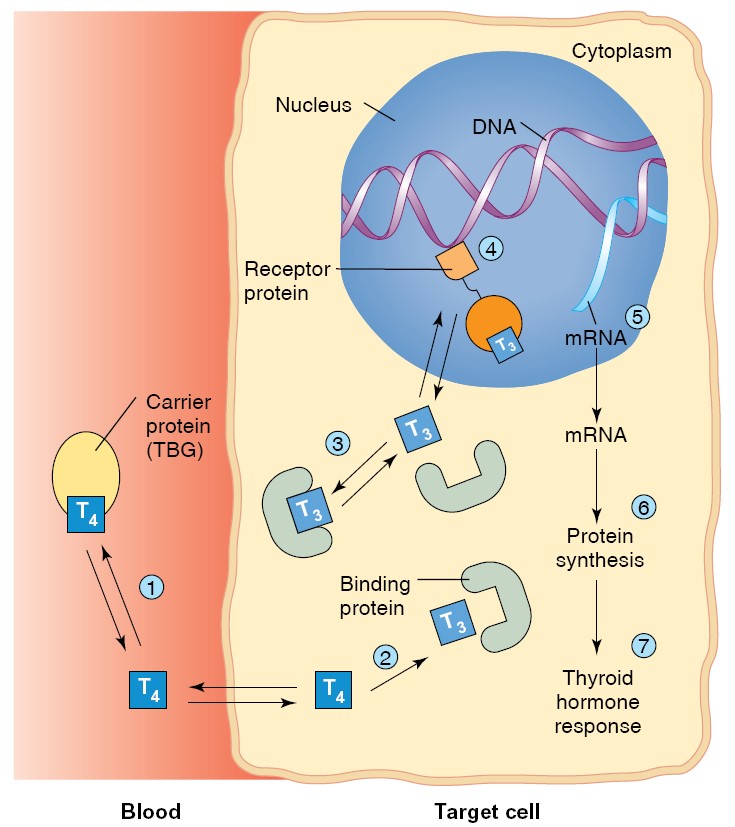





+to+control+functions+in+the+body.+Hormones+control+most+major+processes:.jpg)

